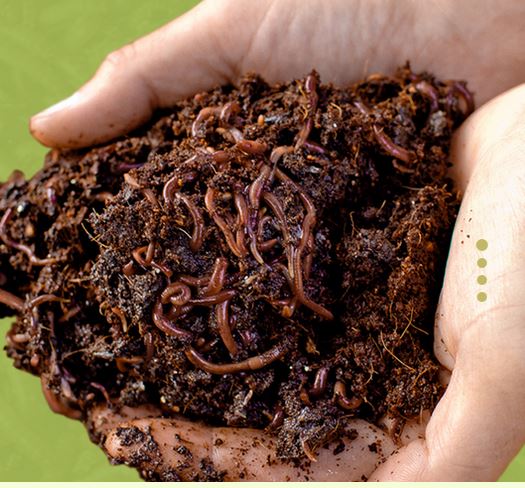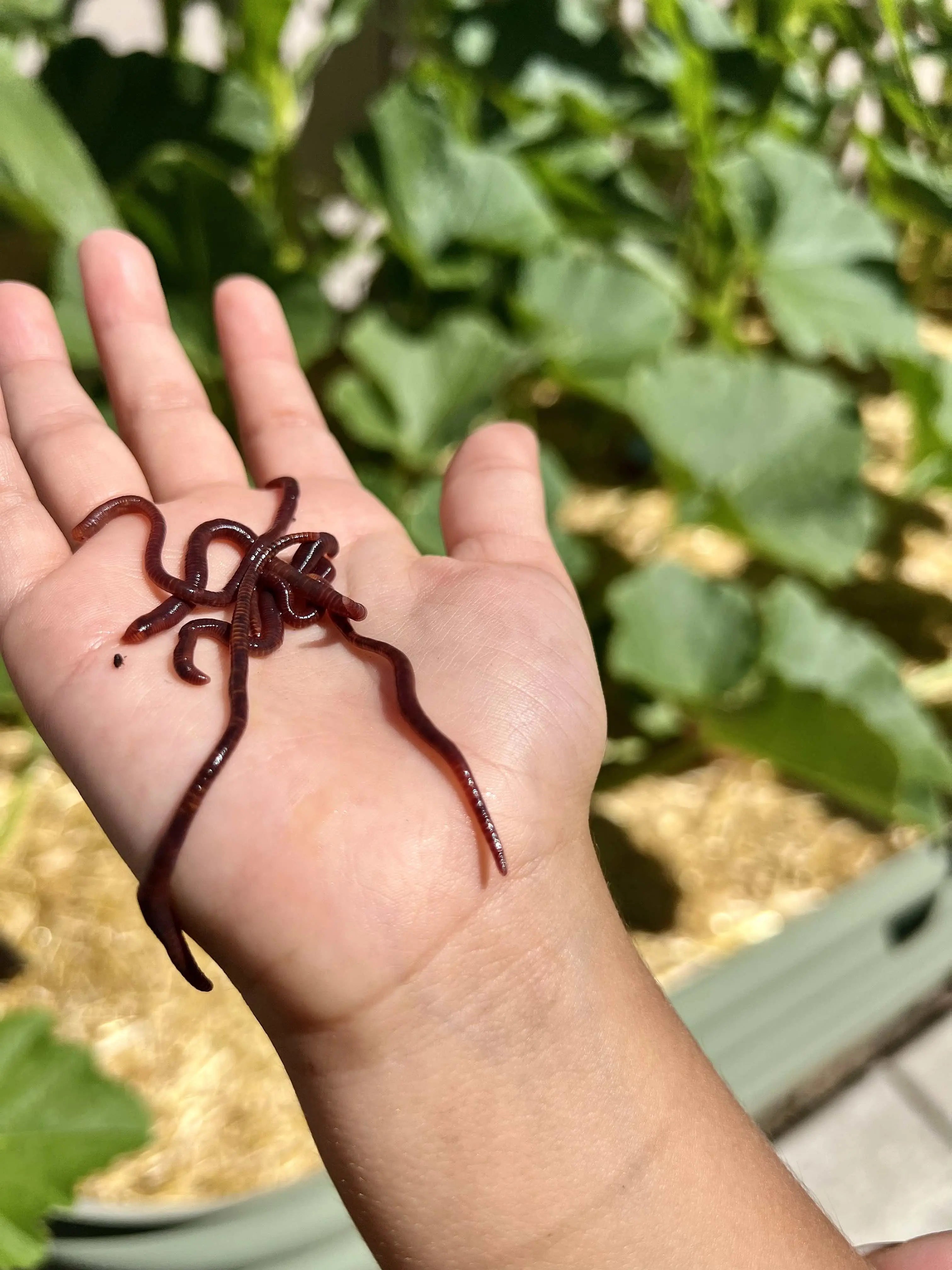Red Wiggler Worms Demystified: Unlocking the Keys of Vermiculture for Greener Living and Nutrient-Rich Dirt
In the realm of sustainable methods for improving dirt quality and advertising eco-conscious living, red wiggler worms play a crucial yet frequently ignored duty. These modest creatures have the amazing capacity to change organic waste right into nutrient-rich castings that act as a potent all-natural plant food. By delving right into the globe of vermiculture, one can reveal a huge selection of advantages that expand far beyond conventional composting methods. Understanding the ins and outs of looking after these worms, optimizing their atmosphere, and utilizing their castings can bring about a greener lifestyle and healthier dirt for plants to grow.
The Function of Red Wiggler Worms
Red Wiggler worms play a crucial function in composting systems by effectively breaking down raw material into nutrient-rich castings. These ravenous eaters consume a variety of organic materials, such as kitchen area scraps, backyard waste, and paper items. As they feed, the worms' digestive processes damage down the raw material into a penalty, dark, and nutrient-dense material known as worm spreadings or vermicompost.
The spreadings produced by Red Wiggler worms are highly useful for dirt wellness and plant development. They are abundant in necessary nutrients like potassium, nitrogen, and phosphorus, which are essential for sustaining healthy plant development. Furthermore, worm castings contain beneficial microorganisms and enzymes that assist boost soil framework, increase water retention, and boost nutrient uptake by plants.
Benefits of Vermicomposting

Moreover, vermicompost, the nutrient-rich final result of vermicomposting, works as a superb natural fertilizer and soil conditioner. It boosts soil structure, boosts soil oygenation, and raises soil moisture retention. These properties contribute to healthier plants with more powerful root systems and better resistance to diseases and pests. Vermicompost additionally improves the soil with necessary nutrients like nitrogen, phosphorus, and potassium, promoting plant development and overall dirt fertility.
Additionally, vermicomposting supports lasting gardening methods by providing a chemical-free and all-natural choice to artificial plant foods. Red Wiggler Worms. This environmentally pleasant approach not just enhances the dirt but additionally helps in reducing dependence on damaging chemicals, promoting a greener and a lot more sustainable way of gardening
Establishing a Worm Container
When developing a worm container for vermicomposting, correct setup is vital to guarantee the success of the composting procedure. The primary step in establishing up a worm container is picking a suitable container. This can be a plastic container or wooden box that supplies adequate space for the worms to relocate around and has correct drain openings to prevent waterlogging. Next off, a bedding material such as shredded newspaper, cardboard, or coconut coir must be added to the bin. This bed linen supplies a comfortable environment for the worms and aids keep wetness levels.
After including the bedding, present the red wiggler worms to the bin. The worms must then be given with food scraps such as fruit and vegetable peels, coffee premises, and eggshells.
On a regular basis keep track of the dampness degrees and temperature in the worm container to make sure optimal conditions for the worms. With correct setup and upkeep, the worm container will efficiently transform natural waste right into nutrient-rich garden compost for your plants and yard.
Harvesting Worm Castings
To effectively accumulate nutrient-rich worm spreadings from your vermicomposting system, a systematic harvesting technique is crucial. There are a couple of vital steps to follow to guarantee an effective process when it comes time to gather the worm castings. Stop adding fresh food scraps to one side of the worm container for a pair of weeks prior to harvesting. This motivates the worms to migrate sideways with fresh bed linen and food, making it less complicated to scoop out the spreadings from the various other side.

Troubleshooting Common Issues
Identifying and dealing with common challenges that might emerge throughout the vermicomposting procedure is their website critical for preserving a healthy and productive worm container. Including excess food scraps Bonuses can lead to a build-up of moisture and level of acidity in the worm container, possibly harming the worms. Another problem is unpleasant smells rising from the worm container.
In addition, if the worm populace is decreasing or the worms show up undesirable, maybe as a result of ecological stress factors such as severe temperature levels or pH levels. Monitoring these elements and making necessary modifications is vital for the wellness of the worms. By fixing these common issues immediately, vermicomposters can make certain a smooth and effective vermicomposting procedure while keeping a growing worm population.

Final Thought
In conclusion, red wiggler worms play a crucial duty in vermiculture by breaking down organic matter right into nutrient-rich dirt. Setting up a worm bin is important for successful vermiculture, and harvesting worm castings offers useful garden compost for horticulture.
As they feed, the worms' digestion procedures break down the natural issue into a fine, dark, and nutrient-dense product known as worm castings or vermicompost.
The spreadings generated by Red Wiggler worms are extremely beneficial for dirt health and plant development. Including excess food scraps can lead to a buildup of moisture and acidity in the worm bin, potentially hurting the worms.Furthermore, if the worm population is decreasing or the worms show up harmful, it might be due to ecological stressors such as severe temperature levels or pH levels. Establishing up a worm bin is vital for successful vermiculture, and gathering worm castings supplies useful garden compost for a fantastic read gardening.